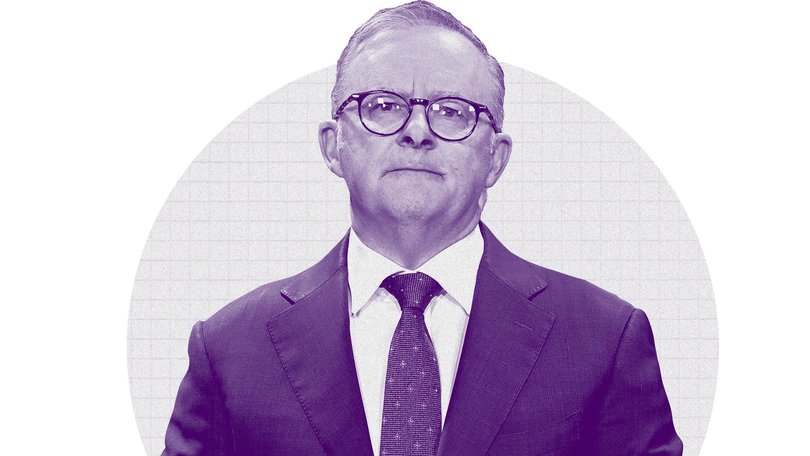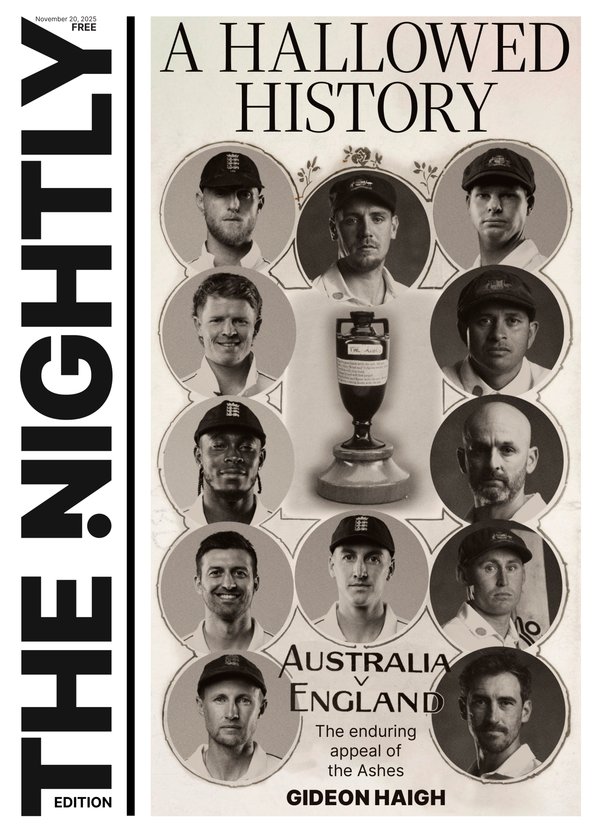MARK RILEY: The under-16s social media crackdown is imperfect and exactly what we need

There is a fair bit of criticism around the place this week that the Government’s under-16s social media ban won’t be perfect.
It is right. It won’t be.
But it also won’t be friendless in the world of politics.
Sign up to The Nightly's newsletters.
Get the first look at the digital newspaper, curated daily stories and breaking headlines delivered to your inbox.
By continuing you agree to our Terms and Privacy Policy.In fact, it will fit right in.
Take the tax codes, for example. They are far from perfect. So is the criminal law and the health, education, social security, defence, transport, aged and childcare systems. And don’t get me started on international trade and security agreements.
Nothing in politics is perfect. It can’t be. And expecting it to be so is self-defeating.
The process of good policymaking is dynamic. It demands that laws are constantly amended and updated to keep pace with changes in the real world.
The best laws get ahead of those changes and set up guardrails to protect citizens in advance.
Most reforms, though, are reactive. They only appear after the damage has been done, hoping to prevent more.
That is far from perfect.
But, as Tony Abbott would say, we should not allow the perfect to become the enemy of the good.
And that is a fair guide for the intention of most laws. They seek to serve the greater good by “improving” if not necessarily “fixing” particular issues.
That includes the social media ban. It isn’t designed to be a sole solution to the problem of online safety. But it can be part of that solution.
Kids will get around it. They will still be able to access dangerous material in a logged-off state.
But the impending ban has already inspired important conversations between parents and children on how they can protect themselves against the dangers of the digital world.
The value of those conversations shouldn’t be underestimated. Many parents haven’t felt capable of having them in the past. Too many have been too passive to even try. Now they have both a reason and a justification for doing so.
This column noted last week, though, that the ban only approaches the problem from one direction.
By making it more difficult for children to access social media, it is trying to prevent young, impressionable eyes from being exposed to dangerous content.
However, the real challenge is in preventing that dangerous content from appearing on those sites in the first place.
It is an issue that Melbourne dad Wayne Holdsworth is incredibly passionate about.
His son, Mac, was extorted after being tricked into sending naked photos over Snapchat.
The shame was too much. Mac searched Youtube for videos on how to commit suicide, and did.
He was 17. The social media ban wouldn’t have protected him.
His father now carries the unbearable weight of his loss through every minute of every day.
But how is it that such a large online platform allowed a how-to guide for youth suicide to be broadcast on its site in the first place?
The answer? Because it could. Or, at least, there was no effective mechanism to stop it.
The eSafety Commissioner, Julie Inman Grant, wants to change that. She’s working with the Government on a second wave of reforms that will force the tech giants to take down such execrable content or face massive fines.
Meanwhile, the Government boasts that the under-16s ban is a world-leading reform. Anthony Albanese will make it his mission at the United Nations General Assembly to convince other nations to follow suit.
That no government has moved on it before only proves that modern systems of governance have failed the people in the most profound way.
But those systems aren’t really modern at all. And the Musks and Bezoses and Zuckerbergs and Gateses have exploited that to their obscene benefit and at great cost and loss to society.
Big tech has been playing big politics for little fools since families started clipping 56k dial-up modems over their plastic handsets.
The internet giants have bamboozled legislators into thinking they are too big, too important, too profitable and too powerful to regulate effectively.
So, now, well-meaning governments are trying to retrofit a futuristic landscape with old-school legal protections.
It isn’t easy. It isn’t perfect. And a lot of it won’t work. But it is so much better than doing nothing and letting the internet giants continue to trample on the little people without apparent remorse, regret or even a sense of responsibility.
Mark Riley is the Seven Network’s political editor

